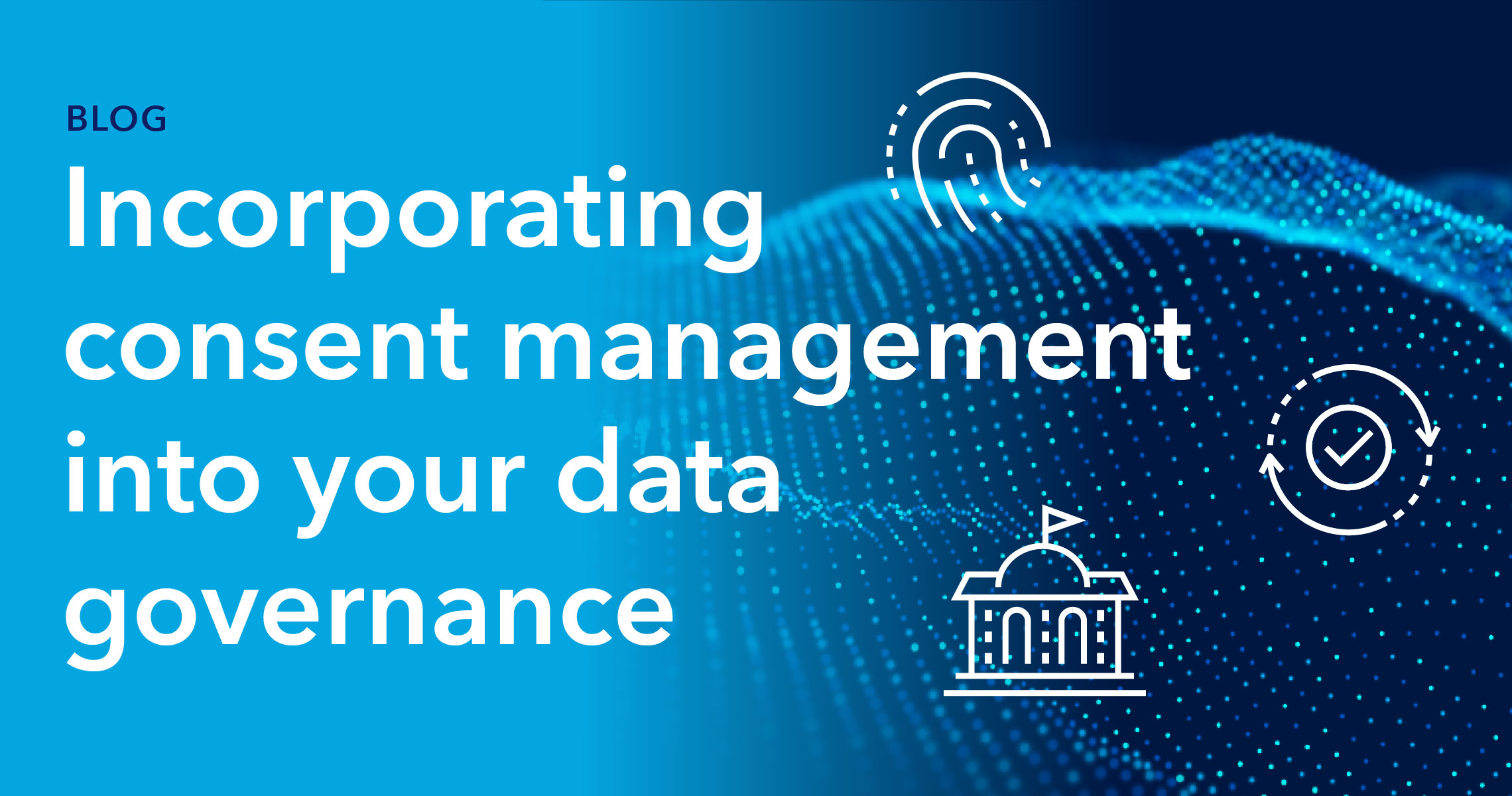As data operations have grown larger, so too have data breaches and concerns around how organizations use and process personal data. This has led to shifts in consumer attitudes and the regulatory environment governing data collection. As of early 2022, 69% of countries had some form of data security legislation that obligated data collectors, processors, and users to uphold data security standards. In many cases, the legislation requires users to consent to the collection and use of their personal data.
In response to the latter concern, consent management has become an essential part of data governance and data operations in general. Consent management refers to an organization’s protocols and processes for requesting and collecting user consent for their data and ensuring these varying levels of consent are adhered to throughout the data lifecycle.
Why is consent management important?
While only really a feature of data functions in recent years, consent management has become a major talking point around GDPR compliance and other general data protection regulations. It’s also become the public’s most visible interface with data operations. In many jurisdictions, users are now asked to consent to their data being used when visiting a website, which has made data usage and methods for obtaining consent a major topic in public discourse.
Data consent management has a number of critical impacts on both data operations and any organization that handles data. Here are some of the main ones.
Regulatory compliance
Global data legislation, such as the GDPR in Europe, CCPA in California, or LGPD in Brazil, place strict obligations on consent requirements for data collection and processing. Although the specifics vary, most data used generally must have been consented to beforehand, which means different datasets with different consent levels must be segregated and used only as permitted.
Consent management also affects the initial requests for consent and consent preference management. For example, in January 2022, the French data privacy regulator fined Google and Facebook a combined $237 million for breaching Article 7.3.4 of the GDPR, namely that rejecting cookies was not as easy as accepting them, as “several clicks are required to refuse all cookies, as opposed to a single one to accept them.”
Fully informed data choices
Efficient DataOps relies on high-insight velocity from the outer edge (data collection points) to the inner core (data processing) and back again (frontline teams). Without streamlining consent management and integrating it into DataOps, organizations waste significant time cleaning and parsing datasets for downstream users. Comprehensive consent management should be able to create a single source of truth for all data used throughout an organization, which improves efficiency and helps teams function with pared back data.
Reducing risk
Non-compliance with legal obligations around data consent in the various territories where a company does business introduces significant organizational risk. While the headline figures are the fines (which can be up to 4% of global revenue under the GDPR), non-compliance can also make an organization ineligible for contracts, with proof of compliance fast becoming a staple of many boilerplate contracts. Therefore, effective consent management serves to reduce organizational risk along a number of axes.
Bolstering consumer trust
The publicity around personal information and data means that even minor mistakes around collecting data have major negative impacts on customer relationships. In most cases, organizations that fail to adhere to data permissions are considered untrustworthy. Since it’s now necessary to gain consent for data collection and use, being open and transparent about data usage and having a strong track record in data safety can enable organizations to access broader and more valuable data over time.
Future-proofing data collection
Global governance on data security and consent certainly seem to be moving towards greater restrictions and regulation rather than less. While most current data legislation does not enforce consent protocols retroactively, it makes sense to limit future risk and complications by planning for consent management everywhere, even in territories where it is not yet necessary. In addition, as an organization scales, it is much more difficult to integrate data for processing or perform migrations when varying usage permissions have to be accounted for.
How to incorporate consent management into data governance
Building a consent management function from scratch can be a significant undertaking, especially when the various customer-facing and internal elements that need to be developed and integrated are considered. Consent management needs to ensure fully informed consent on the customer side and that those permissions are strictly followed throughout the data’s lifecycle.
One effective solution for bolstering your consent management capabilities is using a secure virtualized data platform for data governance and processing. Data virtualization allows all data to remain in its own location, with only a virtual copy brought together for processing. For consent management, this means that data administrators can quickly filter all usable data for specific queries and compose automatically compliant datasets for downstream teams.
Intertrust Platform and its data virtualization solution is already helping corporations worldwide improve their data security and ensure regulatory compliance, from GDPR consent and more. Consent management is a natural fit with data virtualization. It gives data admins complet, real time access control over all the organization’s data, allowing them to enforce necessary protocols to ensure user consent is always respected.
To find out more about how Intertrust Platform can help your organization improve its data operations and seamlessly incorporate a consent management function, you can read more here or talk to our team.
About Prateek Panda
Prateek Panda is Director of Marketing at Intertrust Technologies and leads global marketing for Intertrust’s device identity solutions. His expertise in product marketing and product management stem from his experience as the founder of a cybersecurity company with products in the mobile application security space.
